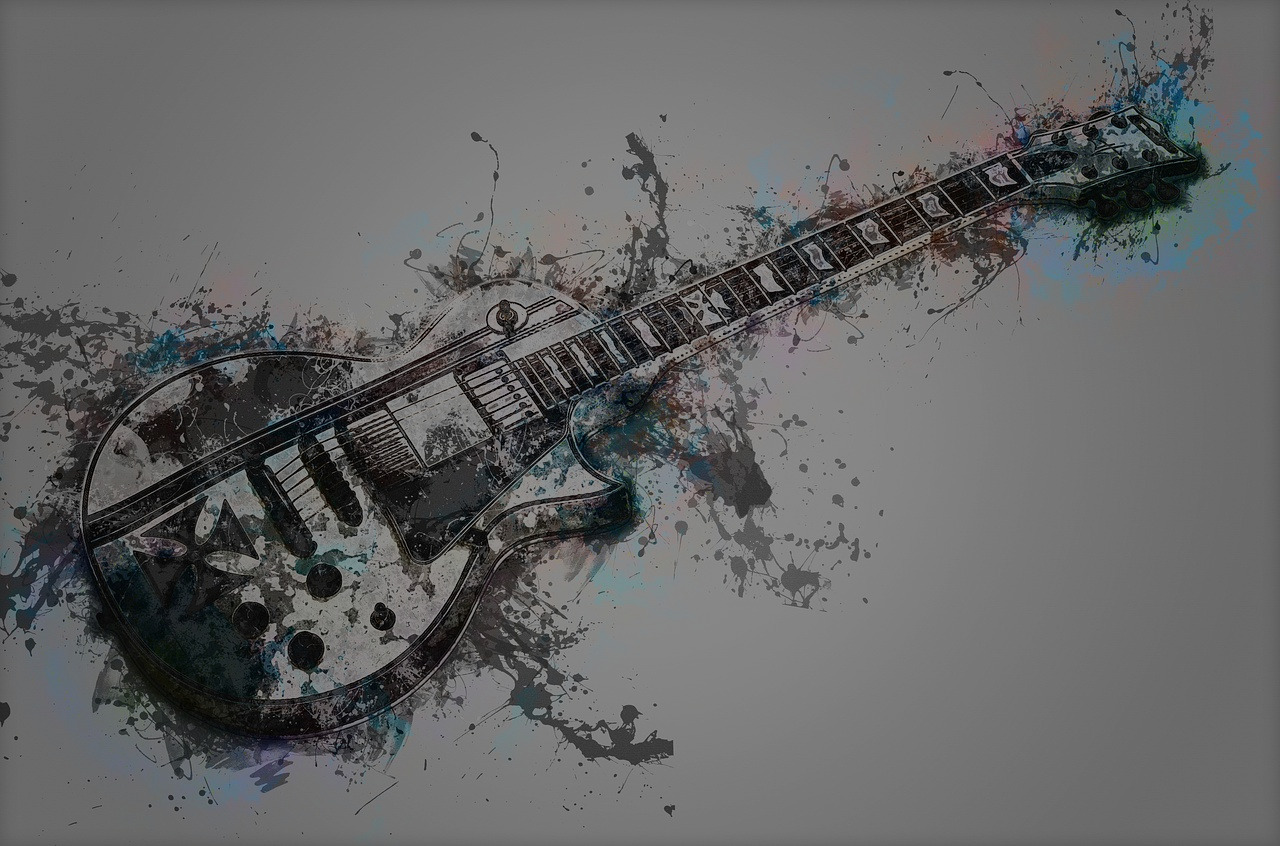Music is a strong and important part of political protests all around Southeast Asia. Songs bring people together, so it’s not just background noise they are just a powerful means to resist because this is a clear and emotional way to express the message of a movement. In a place where people can’t always speak their minds, music provides people a voice and a rhythm to struggle for change.
The Sound of Rebellion
Bringing People Together and Spreading a Message
A song that everyone knows can quickly bring a group of people together as a community. When demonstrators sing together, they feel a strong feeling of unity and shared identity. This is a pivotal phase of making a movement keep going for a long time as the protest songs are really simple and catchy, which is easy for people to know, sing along and share them. This helps get the movement’s message out to more people than a speech or a banner alone could. It is a strong approach to get a lot of different people to speak out against something.
The Strength of Coded Lyrics and Resilience
Music is a means to be over official rules and sending a message, in places where censorship is stringent. Both musicians and activists often employ in their narratives a metaphorical songs to reveal and speak out against the government and its policies without getting in trouble. This lets the message spread among the people while giving the authorities little reason to do anything. Music is crucial in hard circumstances as this gives one person a hope and strength in life. Then, when people come and sing together as one at a demonstration, this boosts the spirits and and drive strength to themselves to keep fighting for a better future.
Overall Thoughts
Music is irremovable in one’s life, this offers an important part for any occasions in Southeast Asia. The songs are way more simply simple tunes to be described, music are a sign of their strength, the voice of a people, and a symbol of their fight for democracy and human rights. Music is still a strong source of hope and unity in the face of oppression. It is a real sound of freedom.

